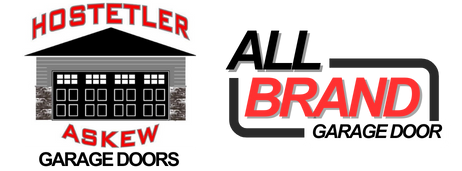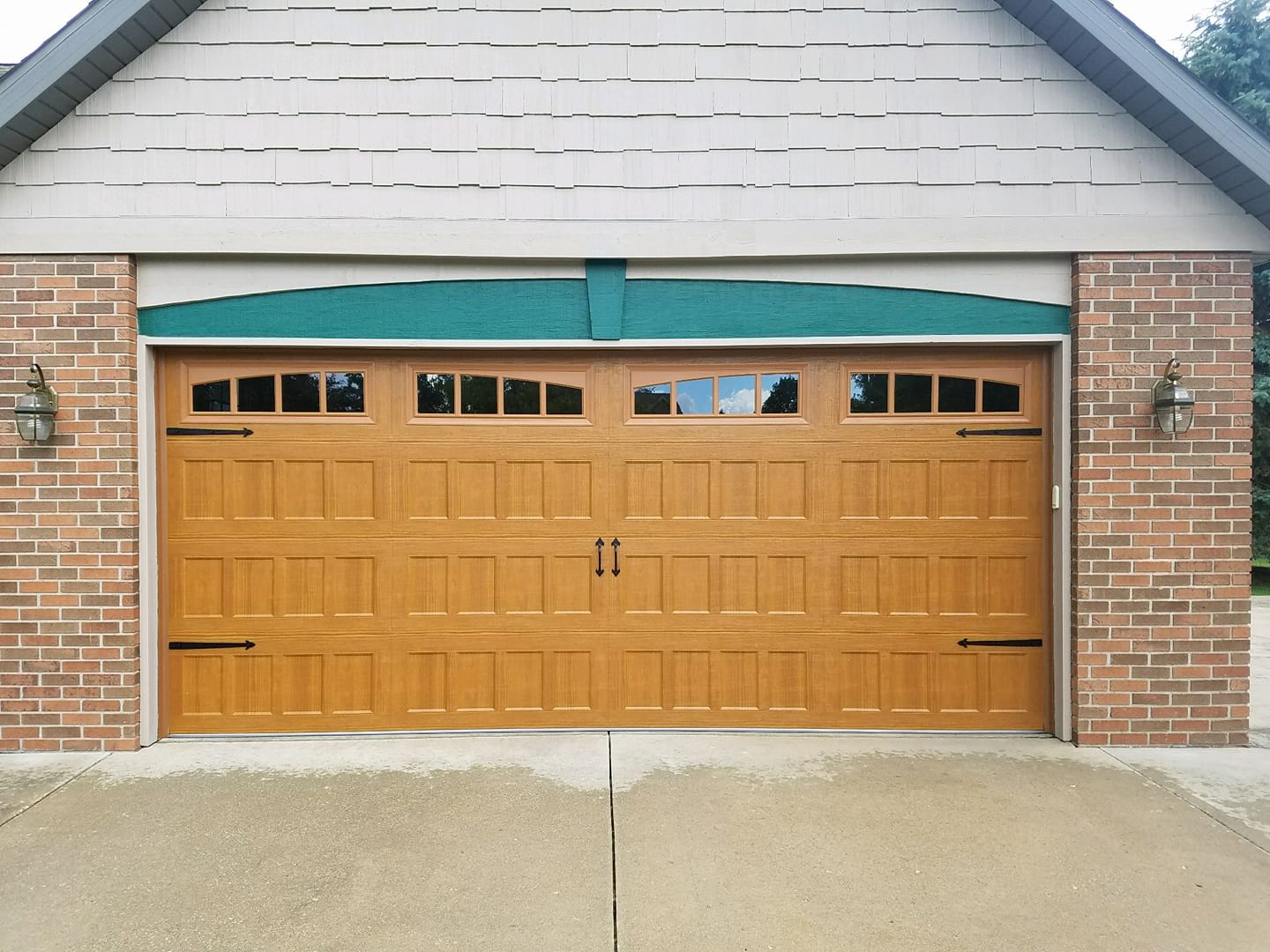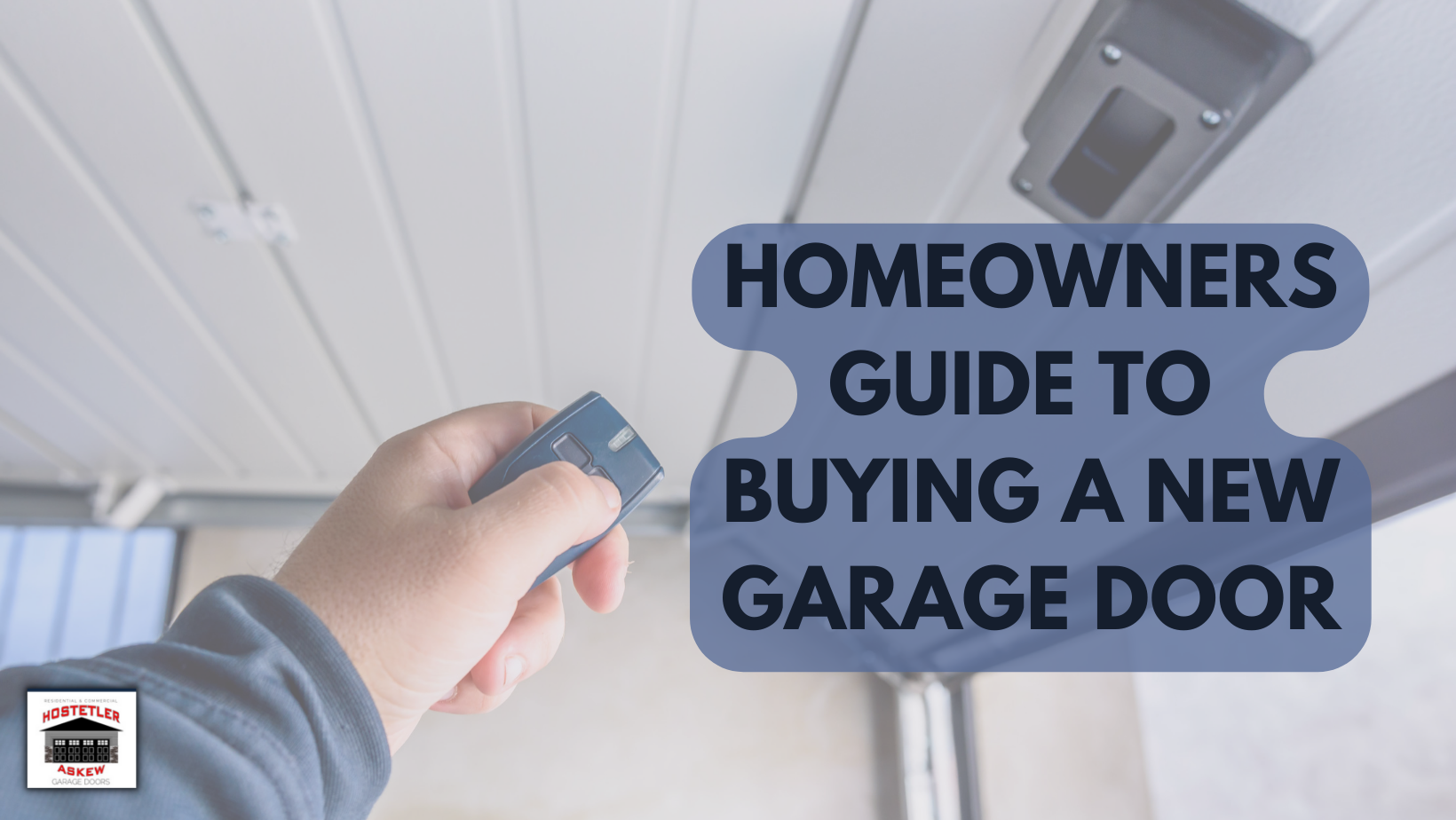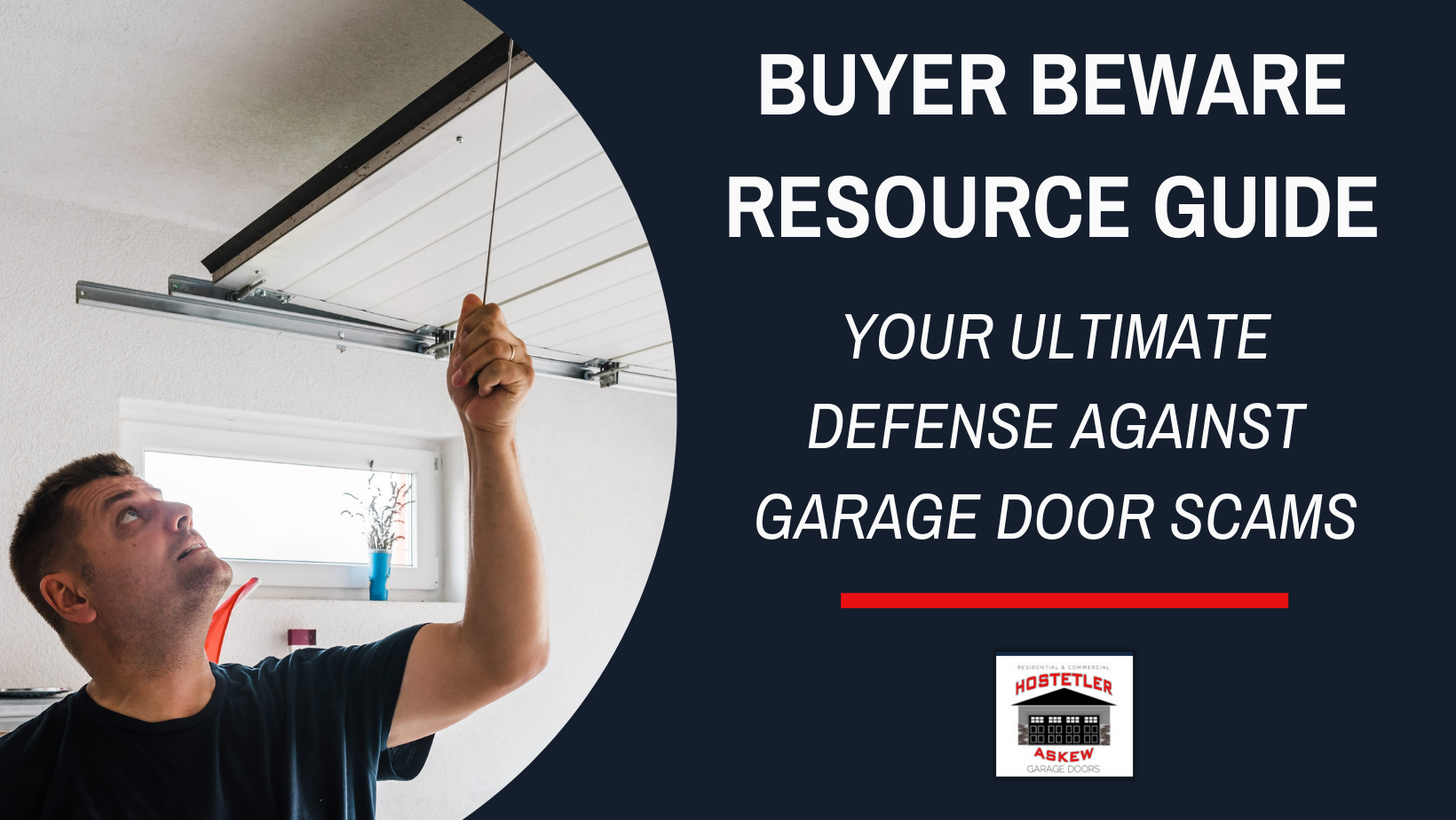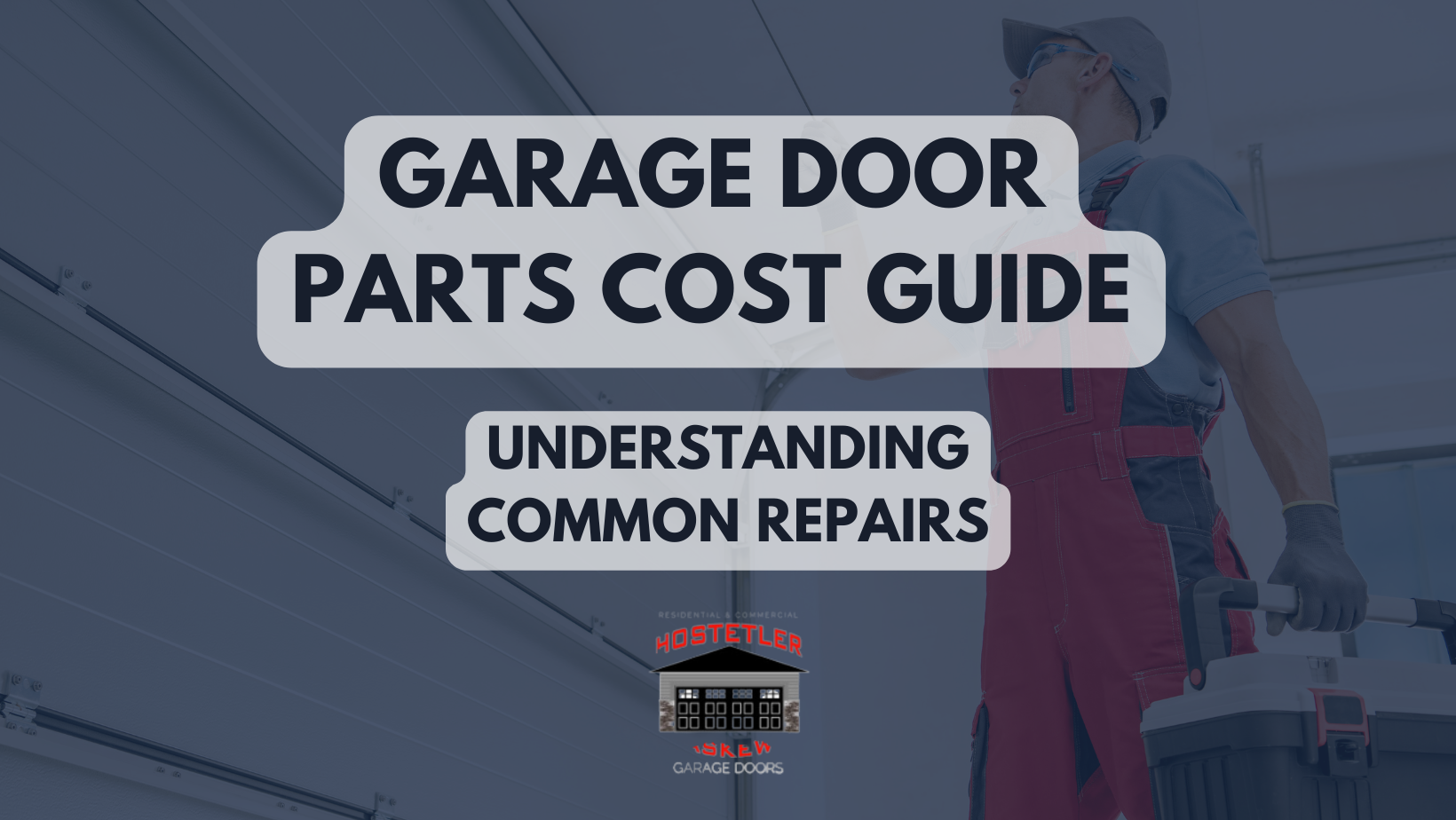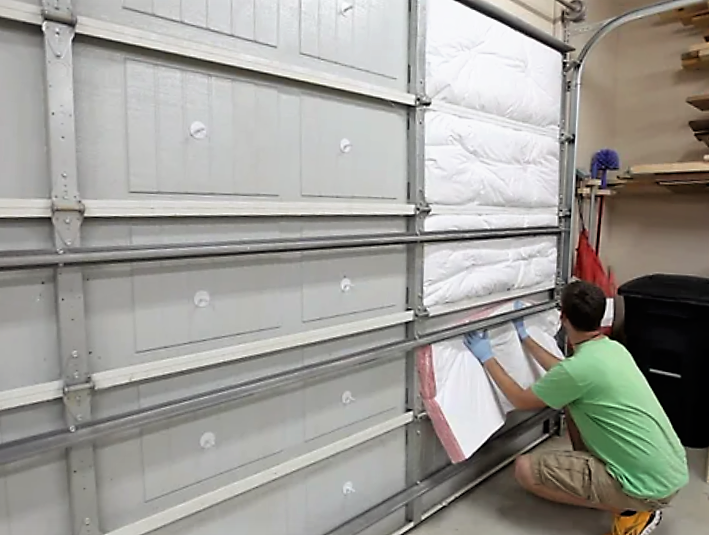Fixing A Slow Residential Garage Door
Wouldn’t it be a lovely world if everything always worked the way it was supposed to? If things never broke down or needed repair? Sure it would.
Unfortunately, everything breaks down once in a while, but can be fixed!
The same is true for your garage door when it slows down.
When you press a button expecting your car door to operate smoothly and efficiently, it can be annoying when, instead, it creeps along, shudders, or makes a grinding noise. These problems can happen for several different reasons. While it’s often best to call in a qualified professional, there are a few things you can try out first.
Test Your Garage Door
If you suspect a problem, confirm it first by doing a quick speed test. A typical garage door will take between 10 and 15 seconds to open or close. If you find the process is taking closer to 20 seconds or more, then there is most likely a problem that needs further investigation.
The next step might be to check the speed dial—mainly if it’s a new door. Electric garage door openings have a dial that you can use to alter how slowly or quickly the door opens and closes. The initial factory is usually dialed for the slowest setting. Check your owner’s manual to pinpoint the speed control location and see if adjusting it fixes the problem.
Make Sure Everything Is Properly Lubricated
Ideally, you should check and keep up on garage door lubrication every three months or so. Unfortunately, many garage door owners neglect this advice, which ends up with the door parts becoming stiff and more difficult to move smoothly. Failure to properly lubricate will undoubtedly affect the time it takes for your garage door to open and close.
At the very first sign of trouble, take some time to clean and lubricate the moving parts of your garage door system. This includes the tracks, springs, hinges, and rollers. Most garage door manuals and service technicians recommend using a silicone-based lubricant or spray to treat your garage door parts.
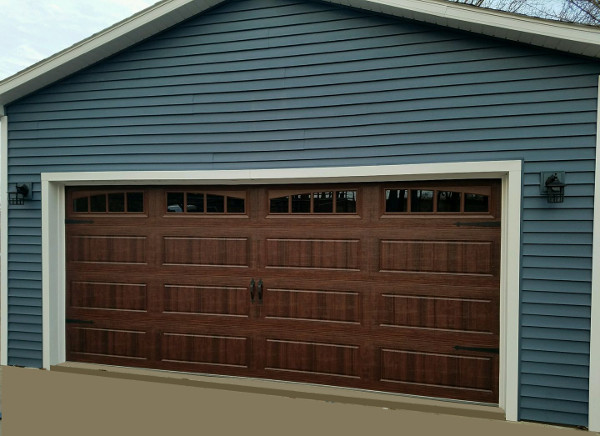
Conduct a Visual Inspection
If speed adjustments and lubrication fail to fix the problem, the next thing to do would be to give everything a close examination for visible issues. The first place to look would be the door’s track system. Over time, as your garage door moves up and down the tracks, the vibration and use can sometimes cause them to become loose. If that’s the case, tighten the screws or bolts to ensure the tracks are firmly in place. Keep an eye out for flaws such as dings or dents that may get in the way of the rollers being able to glide over them as easily as they should. Often, you can use a rubber mallet to hammer out a ding or dent. If that fails to work, you may need to replace the track entirely.
You’ll also want to check the rails along the inside of the door frame where they meet the garage. Sometimes the wind will blow debris into these areas, which can get in the way of your door smoothly operating. Clear these areas out of leaves, small branches, and dirt. Also, check to see if any other obstructions have lodged in or around the door frame.
Bring In the Professionals
If all of the above still doesn’t solve a slow or grinding door, it’s best to call in the professionals. They’ll probably give everything the same once-over—to be sure—but will also go on to examine your garage door system’s pulleys and springs to see if there is a more severe issue happening.
These parts of your door system are a bit more complicated and are best checked by people with specialized know-how and experience to determine the best course of action. Remember that garage doors tend to operate under a considerable amount of tension, and attempting to fix these parts yourself could lead to serious injury. Qualified technicians are in a much better position to solve garage door problems safely and effectively.
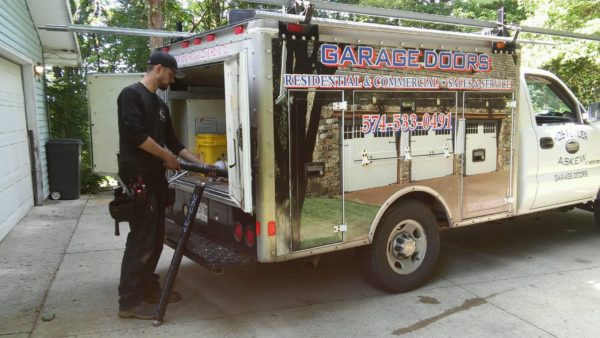
Give Us a Call
The trained experts at Hostetler & Askew Door are here to help if you have any questions, want an inspection, or require service. Let us give you peace of mind by solving your garage door issues, or ask about regular inspections and service calls to keep things running smoothly every day of the year. Contact us today! We’re only a phone call away.
